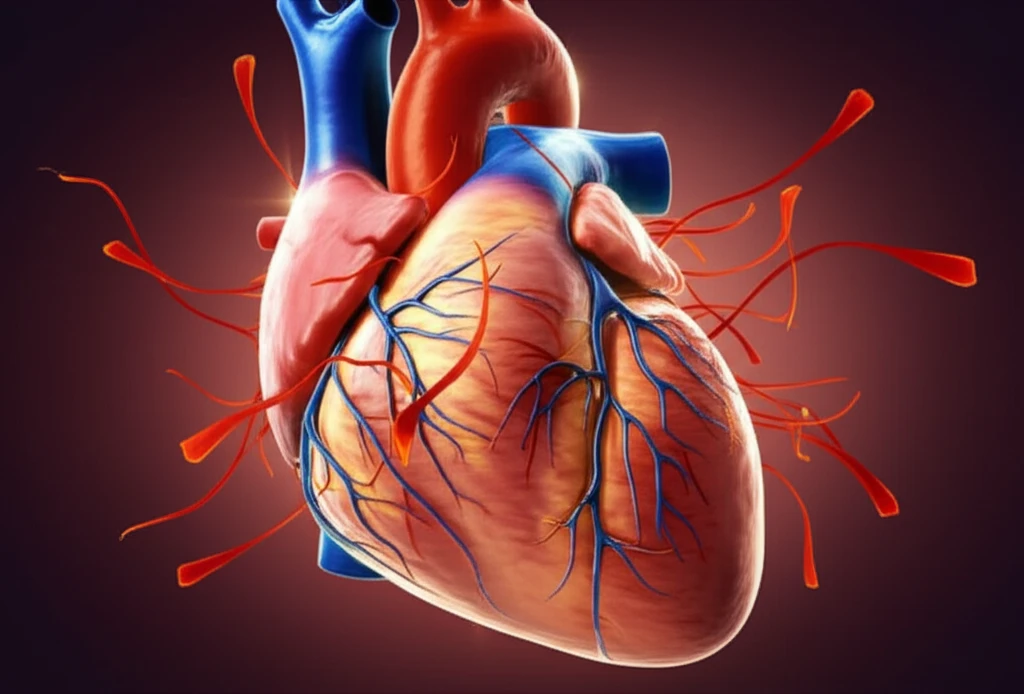
Saffron: The Natural Way to Support Heart Health and Healthy Blood
"Discover how this ancient spice could help protect against atherosclerosis and promote overall cardiovascular wellness."
For centuries, plants have been a cornerstone of medicine, with many modern drugs originating from natural sources. Saffron, derived from the Crocus sativus flower, stands out for its potential in supporting cardiovascular health. Used since ancient times in Persia, India, and Greece, saffron's medicinal properties are now being explored through modern research.
While studies on saffron have gained momentum in recent decades, deciphering its benefits can be complex. Research often focuses on either whole saffron extracts or its key components: crocin, crocetin, and safranal. These compounds are believed to hold the key to saffron's potential health benefits.
Recent investigations into saffron's effects on cardiovascular health have yielded promising results, particularly regarding its ability to promote healthy blood and combat atherosclerosis – a condition where plaque builds up inside the arteries. This article will explore how saffron may help maintain a healthy heart.
How Saffron Helps Maintain Healthy Blood and Arteries?

Atherosclerosis begins with the oxidation of low-density lipoprotein cholesterol (LDL), often referred to as "bad" cholesterol. Oxidized LDL triggers the expression of adhesion molecules on the surface of endothelial cells, attracting white blood cells and initiating plaque formation.
- Antioxidant Power: Saffron's potent antioxidant properties help protect LDL from oxidation, a critical first step in preventing atherosclerosis.
- Reduced Inflammation: By inhibiting the expression of cell adhesion molecules, saffron helps reduce the attraction of white blood cells to the artery walls, thus minimizing inflammation and plaque buildup.
- Improved Blood Flow: Research suggests saffron may help prevent platelet aggregation (clumping), which can lead to blood clots. This effect, along with the compounds' ability to support healthy arterial function, promotes healthy circulation.
Saffron: A Promising Natural Ally for Heart Health
In conclusion, saffron presents a promising natural approach to supporting cardiovascular health. Its antioxidant, anti-inflammatory, and potential antiplatelet effects may contribute to the maintenance of healthy blood flow and protection against atherosclerosis. While more research is always welcome, existing evidence suggests that incorporating saffron into a balanced lifestyle could be a valuable strategy for promoting long-term heart health.
